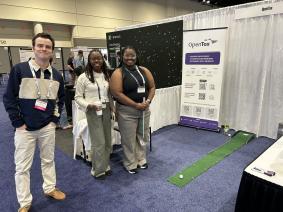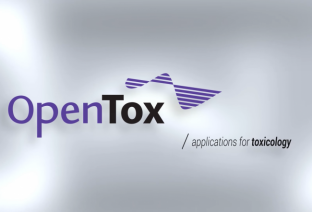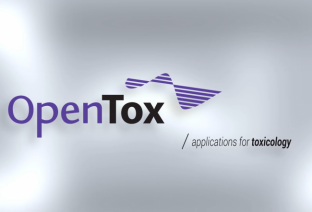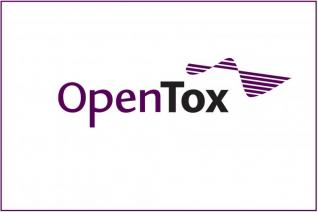Trusted Evidence - An OpenTox 2020 Challenge
The OpenTox 2020 Challenge invites the community to propose, develop and improve together:
Trusted Reproducible Best Practices and Applications supporting Data Integrity and Evidence Acceptance in Predictive Toxicology and Safety Assessment enabling stronger Healthcare and Environmental Care
The challenge is open to consideration of different enabling technologies such as:
- blockchain
- knowledge graphs
- data management methods and proposals for principles and practices e.g., for validation or regulatory acceptance of evidence
Invitation
We invite members of the OpenTox community to submit an abstract for the OpenTox 2020 Challenge. Submissions should demonstrate best practices in trust and reproducibility using applications in predictive toxicology and safety assessment enabling stronger, effective and safer healthcare and environmental care.The submission form is open for submissions starting 8 January 2020 and running through 28 February 2020:
https://opentox.net/webform/OpenTox-Trusted-Evidence-Challenge
Review and Presentation
Abstracts will be reviewed on an ongoing basis in Jan and Feb 2020. Accepted abstracts will be scheduled for presentation in the Spring schedule of the OpenTox webinars. We will also invite a selected number of candidates to participate in workshop activity to be held in Spring 2020 in Basel, Switzerland and Cary, North Carolina, USA (MC Bios Conference 6-8 April, http://www.mcbios2020.mcbios.com/program/)
Topic Overview
Scientific reproducibility requires that data analyses and, more generally, scientific claims and regulatory evidence be published with data and software code so that others may verify the findings and build upon them. In this challenge, we will develop and review approaches to implementing trusted reproducible in silico workflows and enhancing their acceptance with an open knowledge community approach. Our goal is to establish best practices for tracking and reporting modern in silico data analyses in a trusted reproducible manner and obtaining community convergence on emerging best practices for generation, evaluation, and acceptance of evidence. We hope these developments will contribute to solutions to resolving the current crises in reproducibility in science broadly but also for the practical preparation and submission of evidence by industry practitioners for a regulatory science evaluation purpose. A trusted tamper-free framework for evidence generation and communication should help the industry follow the guided trusted paths they wish to stay on with regulators and society over the longer-term.





